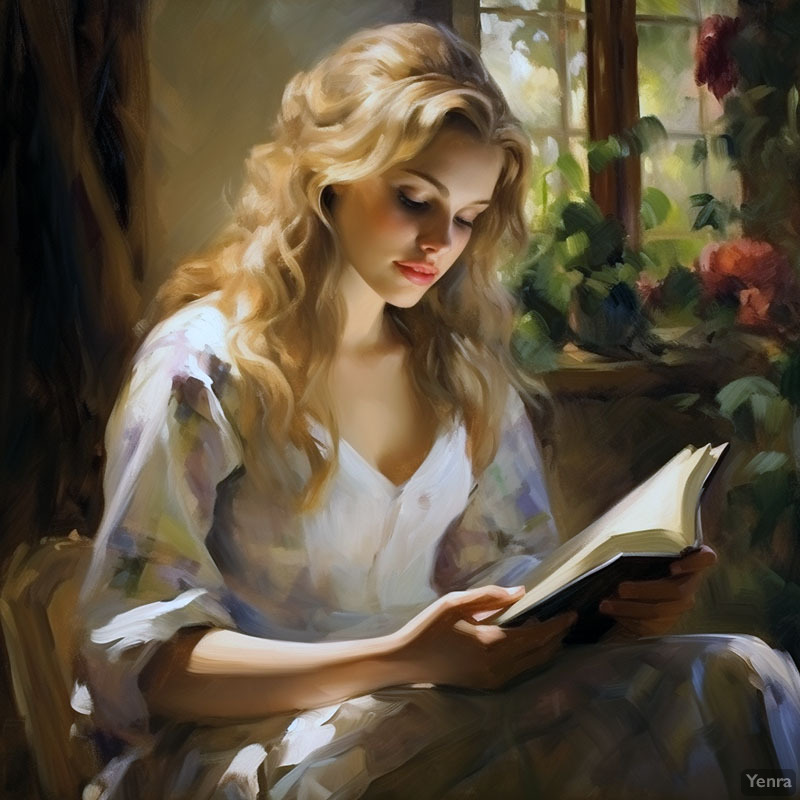Amazon recommendation: A History of the Bildungsroman (paid link)

A Bildungsroman (Bildung, meaning "education," and Roman, meaning "novel"; English: novel of formation, education, culture; coming-of-age story) is a literary genre that focuses on the psychological and moral growth of the protagonist from youth to adulthood (coming of age), in which character change is extremely important. The term was coined in 1819 by philologist Karl Morgenstern in his university lectures, and later famously reprised by Wilhelm Dilthey, who legitimated it in 1870 and popularized it in 1905.
Drabble: Bildungsroman, the term applied to novels of "education" (in the widest sense), of which many of the best examples are German.
Tennyson, G. B. "The Bildungsroman in Nineteenth-Century English Literature." Medieval Epic to the "Epic Theater" of Brecht: Essays in Comparative Literature. Ed. Rosario P. Armato and John M. Spalek. Los Angeles: U of Southern California P, 1968. 135-46.
"The term Bildungsroman is a coinage of the German critic and philosopher Wilhelm Dilthey, who first used it in 1870 in a biography of Friedrich Schleiermacher" (135). (Wilhelm Dilthey, Das Leben Schleiermachers (Berlin, 1870), I, 282.)
a depiction of "the development of a human being in various stages, forms, and periods of life" (135).
"Briefly stated, Dilthey's main points about the Bildungsroman are five: (1) the idea of Bildung, or formation, cultivation, education, shaping of a single main character, normally of a young man; (2) individualism, especially the emphasis on the uniqueness of the protagonist and the primacy of his private life and thoughts, although these are at the same time representative of an age and culture; (3) the biographical element, usually supplied from the author's own life in what Dilthey calls the "conscious and artistic presentation of what is typically human through the depiction of a particular individual life"; (4) the connection with psychology, especially the then-new psychology of development; and (5) the ideal of humanity, of the full realization of all human potential as the goal of life" (136).
Dilthey on the Bildungsroman from the essay on Hölderlin:
[The Bildungsroman] examines a regular course of development in the life of the individual; each of its stages has its own value and each is at the same time the basis of a higher stage. The dissonances and conflicts of life appear as the necessary transit points of the individual on his way to maturity and harmony. And the "highest happiness of humankind" is the development of the person as the unifying, substantial form of human existence" (136). [Wilhelm Dilthey, Das Erlebnis und die Dictung: Lessing, Goethe, Novalis, Hölderlin (12th ed.; Göttingen, 1921) 248-62.]
"In Dilthey's definition the emphasis in the Bildungsroman is on the cultivation and harmonious development of the whole personality, the attaining of a goal that is a happy blend of the material and spiritual" (137).
"The movement in the Bildungsroman is a reasonabley direct line from error to truth, from confusion to clarity, from uncertainty to certainty, from, as the Germans have it, nature to spirit" (137).
Entwicklungsroman "novel of development"
Erziehungsroman "novel of education" or "pedagogical novel"
Künstlerroman "novel about an artist"
"An Entwicklungsroman suggests development of almost any kind, while a Bildungsroman implies development toward the goal of full, harmonious personality" (138).
"the harmonious cultivation of the whole personality" "not "merely the novel of development" 142
"formal education plays no significant role in the Bildungsroman" (144).
"the conviction that the world is a harmonious organic whole" (145).
is there "a Victorian ethos that permeates the great nineteenth-century treatments of the development of individual representative men" (145)?